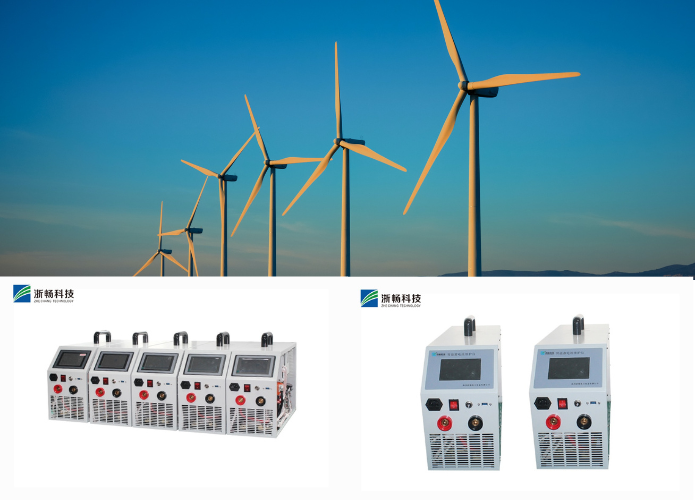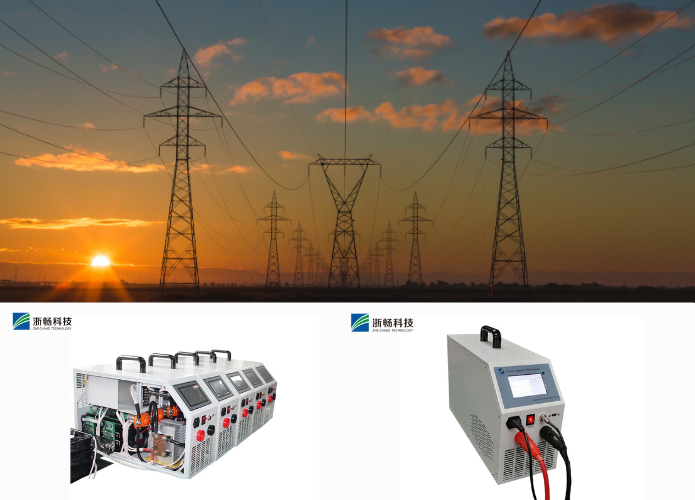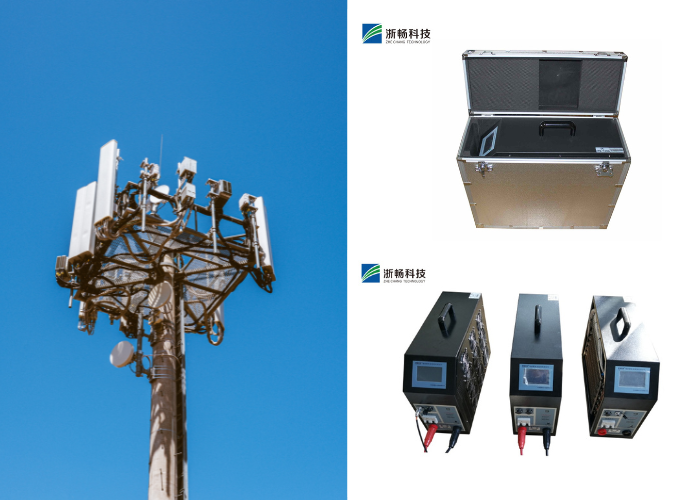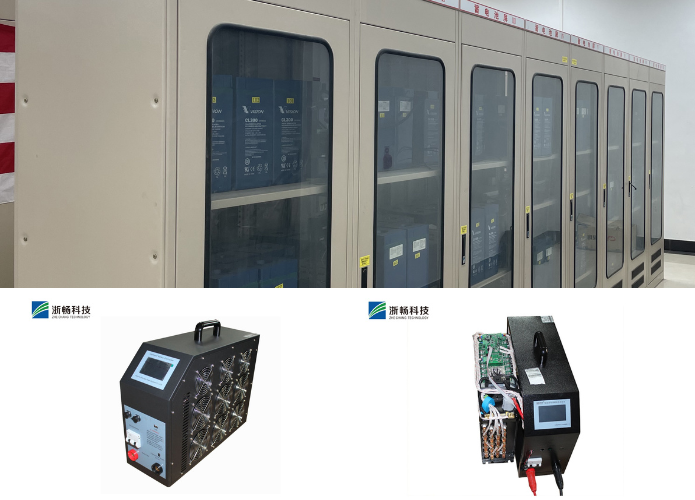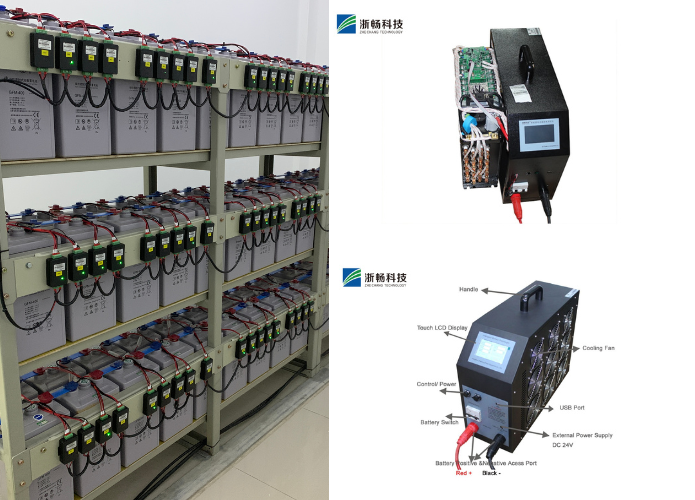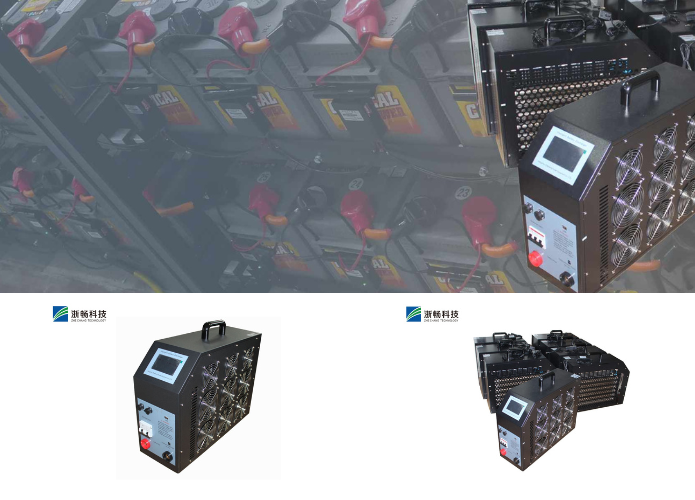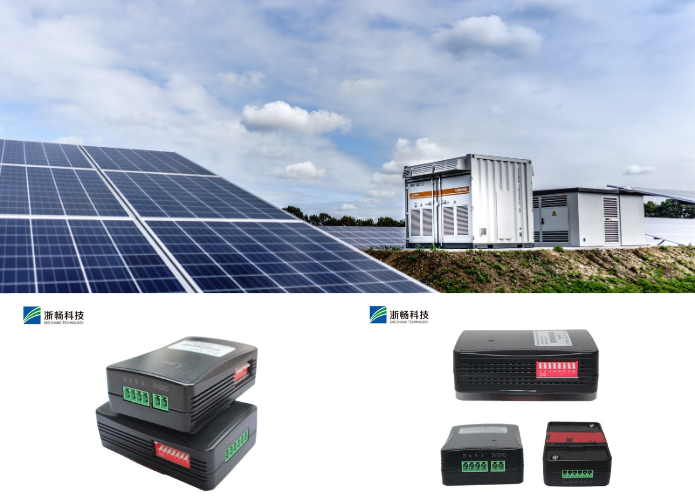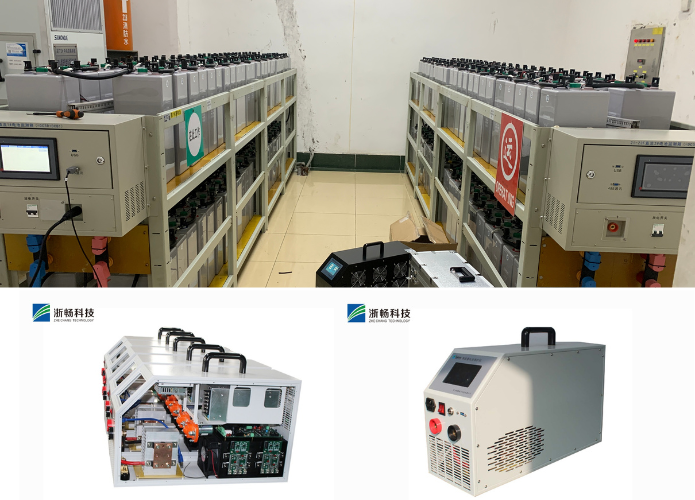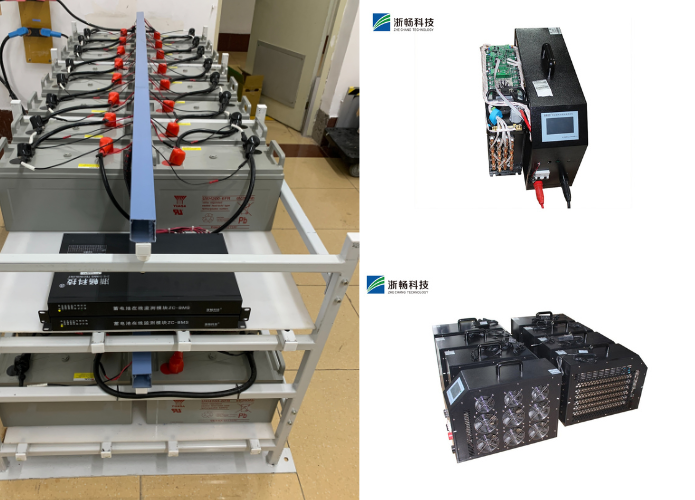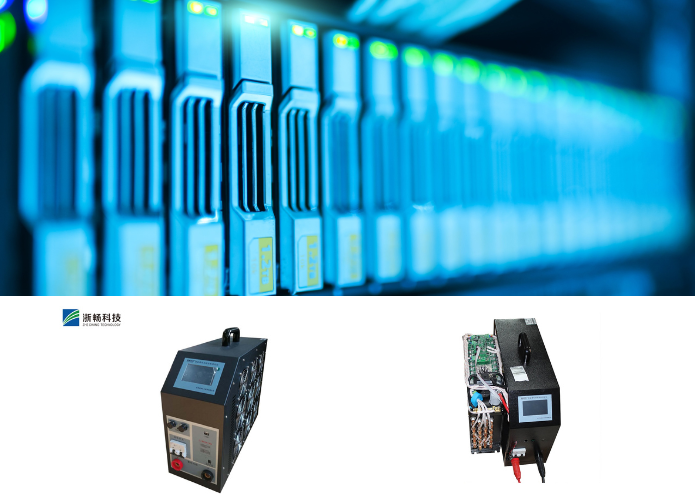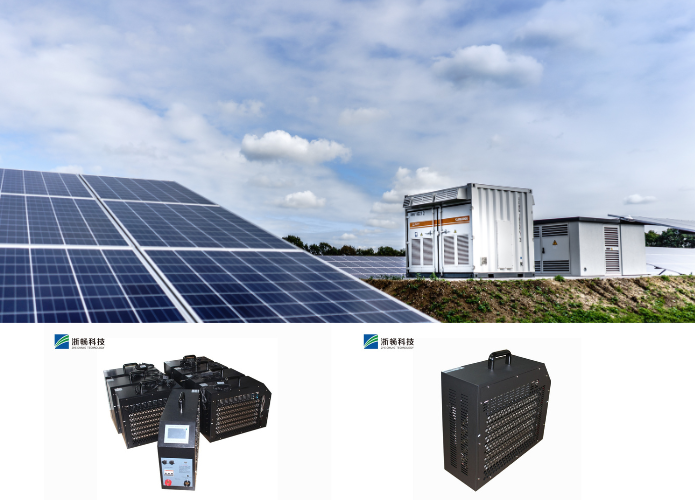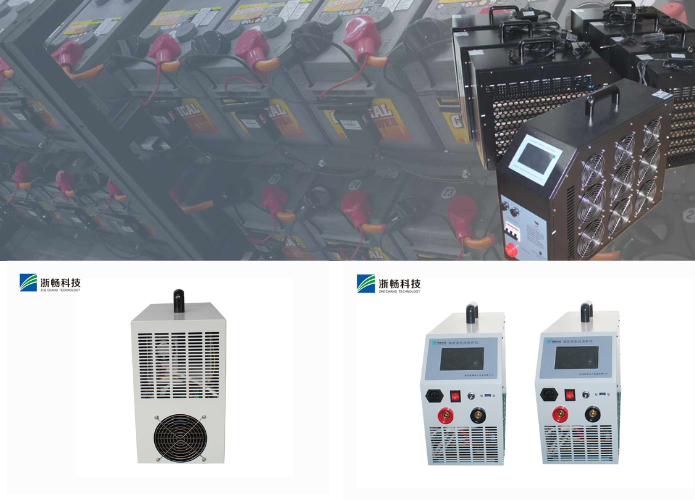Breaking Down Battery Management System Price: High-End vs. Budget Options
As the global reliance on energy storage continues to rise, the importance of a Battery Management System (BMS) cannot be overstated. A BMS plays a pivotal role in ensuring the safety, efficiency, and longevity of battery packs, which are the backbone of applications ranging from electric vehicles to renewable energy storage systems and portable devices.
One common concern for individuals and businesses is the battery management system price. The price spectrum is broad, with high-end systems offering cutting-edge features at premium costs, while budget options focus on affordability with basic functionalities.
This blog explores the cost of battery management systems, factors influencing pricing, and a detailed comparison between high-end and budget options.
What is a Battery Management System (BMS)?
A Battery Management System (BMS) is an intelligent electronic device designed to manage and monitor the performance of battery packs. The system ensures that the battery operates within safe limits and optimizes its efficiency by performing the following tasks:
1.Voltage Regulation
A BMS prevents overcharging or deep discharging, both of which can significantly damage the battery and shorten its lifespan.
2.Temperature Control
Batteries are sensitive to temperature extremes. A BMS continuously monitors and regulates the battery’s temperature to prevent overheating or freezing.
3.Balancing
In multi-cell batteries, some cells may charge or discharge faster than others. A BMS balances the charge across all cells to maintain uniformity, ensuring better performance and safety.
4.Fault Detection
The BMS identifies issues such as short circuits, overcurrent, or thermal runaway, alerting the user or shutting down the system to prevent catastrophic failures.
5.Data Logging and Communication
Advanced BMS options record performance data and communicate with external devices or systems, providing insights into battery health and usage patterns.
The complexity and functionality of the BMS directly impact its price. Let’s examine what factors contribute to the cost of battery management systems.

Key Factors Influencing Battery Management System Price
The battery management system price is determined by several variables, ranging from technical specifications to intended applications. Understanding these factors helps in making an informed purchasing decision.
1. Battery Type
Different battery chemistries require varying levels of management and protection:
- Lithium-ion Batteries: Widely used in electric vehicles, laptops, and renewable energy systems, lithium-ion batteries require sophisticated BMS due to their sensitivity to overcharging, overheating, and deep discharge. This increases the system’s cost.
- Lead-acid Batteries: Commonly used in backup power supplies and older vehicle models, lead-acid batteries demand simpler management, making the associated BMS more affordable.
2. Features and Capabilities
The more advanced the features, the higher the price. Some key functionalities that drive up costs include:
- Real-time Monitoring: Advanced sensors and algorithms to track battery performance.
- Remote Diagnostics: Wireless communication and app integration for monitoring from a distance.
- Self-Healing Mechanisms: Automatic adjustments to resolve minor faults without user intervention.
3. Number of Cells Supported
BMS units designed for large battery packs, such as those used in electric vehicles or grid-scale storage systems, are more complex and expensive. In contrast, systems managing small battery packs, like those in consumer electronics, are simpler and cheaper.
4. Scalability and Modularity
High-end systems often offer modular designs that allow users to expand the system as needed. Budget systems, while cost-effective, lack this flexibility.
5. Industry Application
- Electric Vehicles (EVs): Require robust BMS with advanced safety and performance features, leading to higher prices.
- Consumer Electronics: Use basic BMS for cost-efficiency, reducing the overall price.
6. Manufacturing and Brand Reputation
Premium brands often charge more due to their reputation for quality and reliability. Cheaper options may come with compromises in durability and performance.
High-End Battery Management Systems
High-end BMS options cater to industries and applications where safety, performance, and scalability are paramount. These systems are typically found in high-stakes environments such as electric vehicles, aerospace, and industrial energy storage.
Key Features
1.Real-Time Monitoring
High-end BMS systems employ advanced sensors to monitor parameters like voltage, current, temperature, and state of charge with high precision.
2.AI Integration
Artificial intelligence enables predictive analytics, identifying potential issues before they escalate into problems.
3.Wireless Connectivity
Integration with IoT platforms allows for remote monitoring and control, enhancing convenience and functionality.
4.Durability and Longevity
Designed with high-quality components, these systems withstand harsh environments, ensuring long-term reliability.
Applications
- Electric Vehicles (EVs): Where safety and efficiency are non-negotiable.
- Renewable Energy Storage: Grid-scale systems rely on high-end BMS for reliability and efficiency.
- Military and Aerospace: Require the highest levels of performance and safety.
Price Range
- The battery management system price for high-end models typically starts at $500 and can exceed $5,000, depending on the complexity and application.
Advantages
- Superior safety mechanisms.
- Enhanced performance and efficiency.
- Longer battery lifespan.
Budget Battery Management Systems
Budget BMS options prioritize affordability and simplicity, making them ideal for small-scale projects or cost-sensitive applications.
Key Features
1.Basic Monitoring
These systems monitor essential parameters such as voltage and temperature, sufficient for simpler setups.
2.Minimal Design
A straightforward design reduces costs without compromising basic functionality.
3.Limited Automation
Manual intervention may be required for fault resolution or system adjustments.
Applications
- Consumer Electronics: Power banks, smartphones, and laptops.
- DIY Energy Projects: Small solar setups or electric bicycles.
- Electric Scooters: Where cost-efficiency is critical.
Price Range
- The cost of battery management systems in this category typically ranges from $20 to $200, depending on the features and brand.
Advantages
- Cost-effective for low-stakes applications.
- Easy to install and maintain.
- Ideal for beginners or small-scale users.
High-End vs. Budget BMS: A Side-by-Side Comparison
|
Feature |
High-End BMS |
Budget BMS |
|
Price |
$500–$5,000+ |
$20–$200 |
|
Performance |
Optimized for efficiency and safety |
Covers basic needs |
|
Scalability |
Highly modular and adaptable |
Limited scalability |
|
Connectivity |
Wireless, IoT integration |
None or minimal connectivity |
|
Applications |
EVs, industrial, grid storage |
Consumer electronics, small systems |
Choosing the Right BMS for Your Needs
Selecting the ideal Battery Management System (BMS) depends on the complexity and demands of your application. Whether you opt for a high-end or budget BMS, understanding your system's requirements ensures safety, efficiency, and cost-effectiveness.
When to Choose a High-End BMS
High-end BMS options are tailored for sophisticated and safety-critical applications. These systems are ideal for electric vehicles (EVs), where managing high-capacity battery packs with precision is crucial to ensure optimal performance and safety. They excel in applications involving large battery packs with high energy density, such as renewable energy storage systems or industrial setups.
Advanced features like real-time monitoring, wireless connectivity, and fault diagnostics make high-end BMS indispensable in environments where downtime or failure can lead to significant consequences. For projects requiring enhanced automation, predictive analytics, and long-term reliability, a high-end BMS is worth the investment.
When to Choose a Budget BMS
Budget BMS options are perfect for cost-sensitive or small-scale projects. These systems suit DIY enthusiasts working on solar power banks, e-bikes, or small electronics. If your primary need is basic monitoring of voltage and temperature, and you’re looking for an affordable solution, a budget BMS provides excellent value.
By aligning your choice with your project’s needs, you can strike the right balance between cost and functionality.

Tips to Optimize Your Investment
Choosing the right Battery Management System (BMS) is a critical decision, and optimizing your investment ensures you get the best performance and value for your money. Here are key tips to guide you:
Evaluate Long-Term Costs
While high-end BMS options come with a higher upfront cost, they often save money over time by extending the lifespan of your battery pack and preventing costly failures. Investing in a reliable system reduces maintenance expenses and ensures consistent performance, especially in applications like electric vehicles or renewable energy storage.
Ensure Compatibility
Compatibility is crucial for seamless integration. Verify that the BMS is designed to work with your specific battery chemistry, such as lithium-ion or lead-acid, and matches your system’s voltage and capacity requirements. A mismatched BMS can lead to inefficiencies or even damage to your battery pack.
Prioritize Safety
Safety features like overcharge protection, thermal management, and fault detection are non-negotiable. Even budget options should include essential safety mechanisms to protect your battery and prevent hazards like thermal runaway or short circuits.
Research Vendors
Purchase from reputable manufacturers with a proven track record. Look for companies offering warranties, customer support, and comprehensive documentation. This ensures reliability and access to assistance if issues arise.
Conclusion
The battery management system price varies significantly, reflecting the range of features, complexities, and applications. High-end BMS options provide advanced functionalities and are suited for critical applications, while budget systems offer a cost-effective solution for simpler needs. By understanding the cost of battery management systems and evaluating your specific requirements, you can choose a BMS that strikes the perfect balance between functionality and affordability.
Popular Battery Tester
Popular Battery Tester
Latest News
Latest News
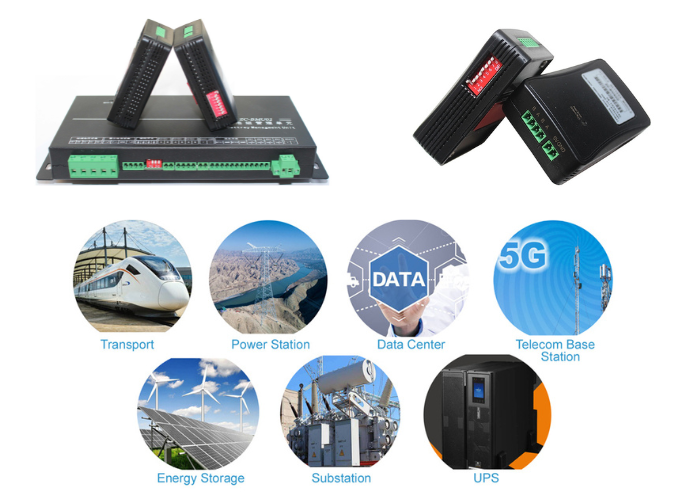
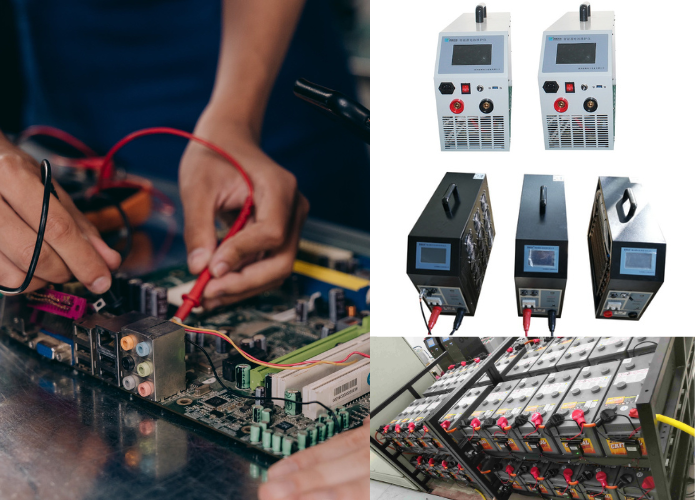
Get Price of Battery Tester
Get Price of Battery Tester
Address:
Floor 3, Building 1, No.1418-60, Moganshan road, Hangzhou city, Zhejiang Province, China.310015






